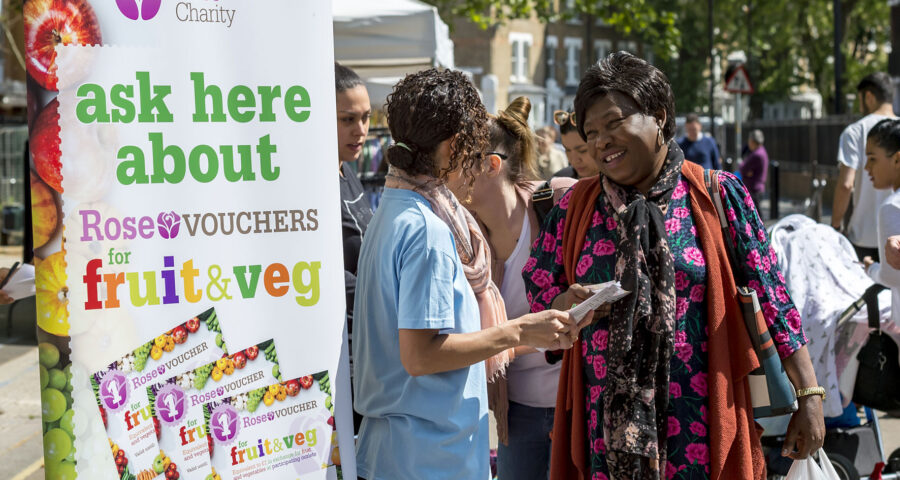A new report from the Institute for Fiscal Studies (IFS) published earlier this month provided a stark reminder of the importance of intervening early to support children in their first years of life. Our CEO, Jonathan Pauling reflects on the learnings of the report and explains why we want to see political parties prioritise early years policy in the upcoming general election.
Introduced in 1999, Sure Start Children’s Centres and Family Hubs were a ‘one-stop shop’, providing families with children under the age of 5 with holistic support and advice. They were launched off the back of convincing evidence that high-quality interventions to support children and families living in poverty could improve their life chances. This new study has revealed that children living close to a Sure Start centre did significantly better in exams compared to their friends who didn’t, with children from the poorest backgrounds benefiting the most.
At Alexandra Rose Charity, we know the power of intervening early to give children the best possible start in life. That’s why, when we wanted to launch our first Rose Voucher for Fruit and Veg projects in 2014, we reached out to local children’s centres in the areas we wanted to work, to ask if they wanted to partner with us on this new experiment. They jumped at the opportunity because they knew that feeding children a variety of fruit and veg from 6 months onwards is key to supporting healthy growth and development and protecting against food-related ill health, in later life.
Rose Vouchers are a literal and metaphorical carrot. They provide a powerful incentive for families to come to the Children’s Centres, many of which started out as Sure Start Centres. In our Southwark Rose Vouchers for Fruit and Veg project, 70% of parents hadn’t used their local Children’s Centres before receiving Rose Vouchers. By seeing families regularly, our local partners can get to know them and engage with those who need their support and advice the most.
We trust that our local partners know best. The IFS report findings serve as a reminder of the importance of involving local partners and the community in the development of interventions. At ARC we know that our local partners know their communities best. We build relationships based on a shared vision but also on trust that our partners should have the autonomy to deliver the project in a way that best suits the needs of local people. That means they identify the local retailers that they think the community will feel comfortable accessing and why we give our local partners autonomy on who receives Rose Vouchers, using eligibility for the Healthy Start scheme as guide.
Early years policy has shifted in focus over the last decade moving away from Sure Start and towards subsiding free childcare provision. Between 2010-2022, funding for Sure Start was significantly cut and 1,340 centres were closed. This has left families in these communities without the integrated early years services they need.
We’ve seen directly the impact that this has had on the services delivered by the 67 children’s centres we work with across the country. When we started, many centres offered a wide range of activities – from cook and eat sessions, to weaning workshops, baby massage, to music classes. Many centres have managed to continue these services (albeit at a reduced level) but many others have had to remove them completely because they no longer have the staff and resources to deliver them.
The introduction of Family Hubs and the Start for Life offer is a step in the right direction and the £150m investment in infant feeding services as part of this commitment is welcome. However, the total investment of £300m until 2025 to roll the offer out to 75 local authorities falls far short of the investment Sure Start received at its peak. If political parties are serious about creating the foundations needed for every child to reach their full potential, they must prioritise investment in comprehensive support systems, whilst removing the barriers to implementing infant feeding guidance. We know that the affordability of nutritious foods, such as fruit and veg, is one of the biggest barriers families face. Piloting ARC’s fruit and veg voucher model as part of the £150m infant feeding investment would be one way to ensure children receive the healthiest start in life.

